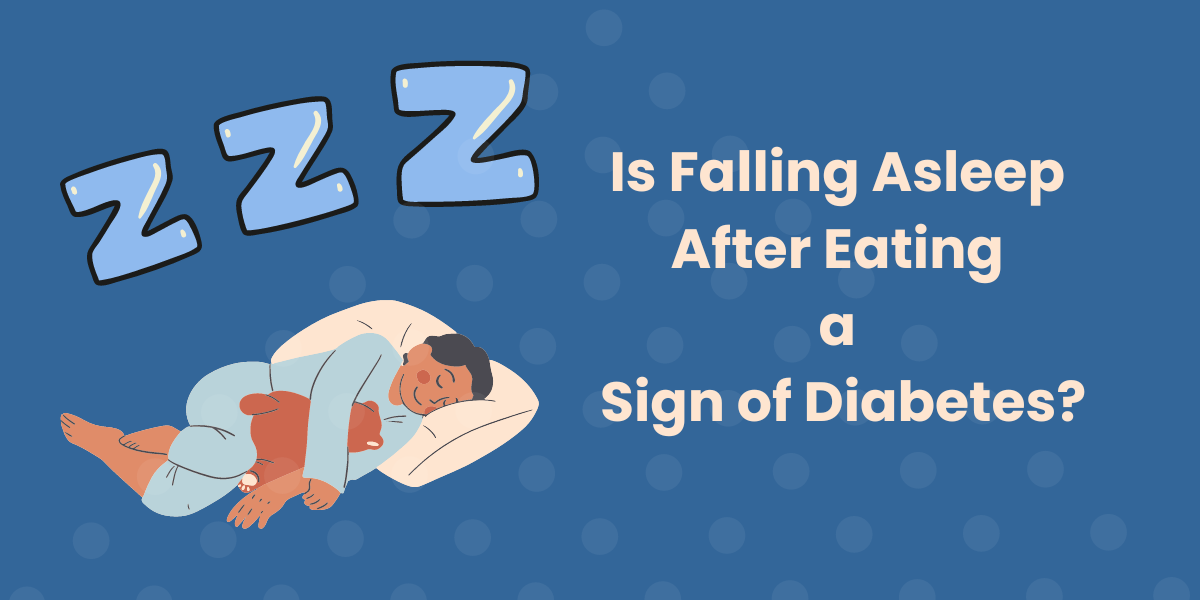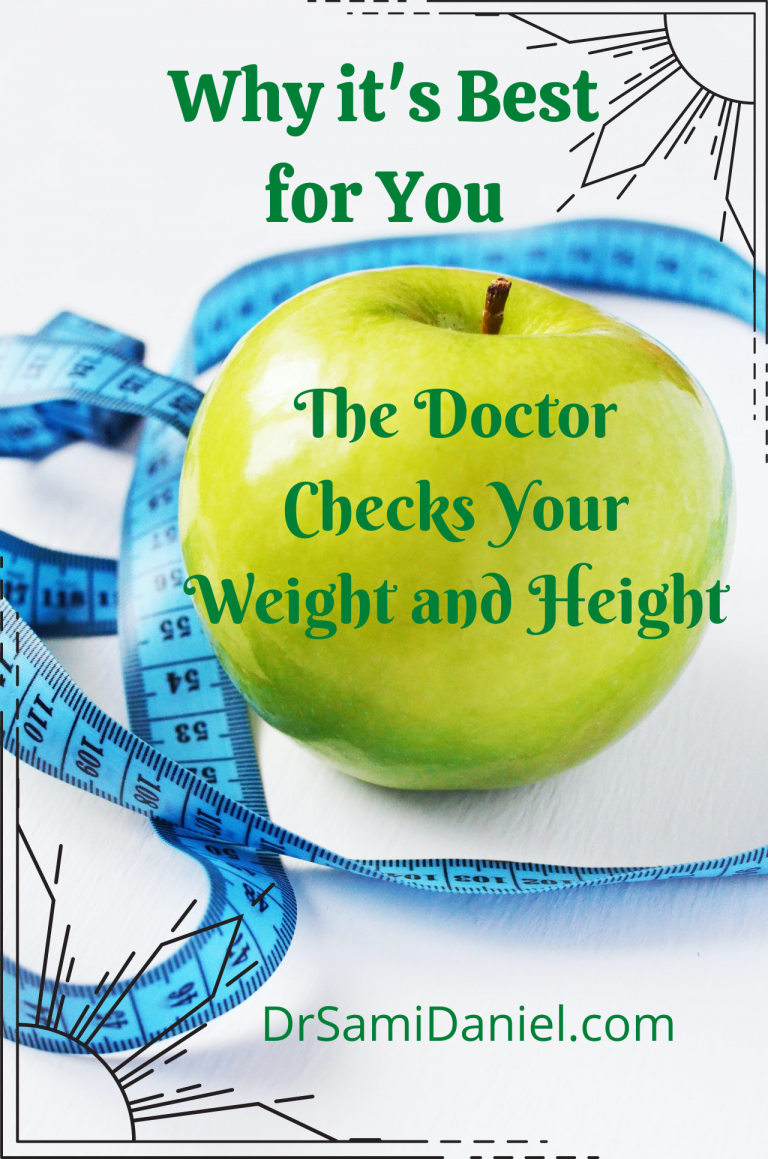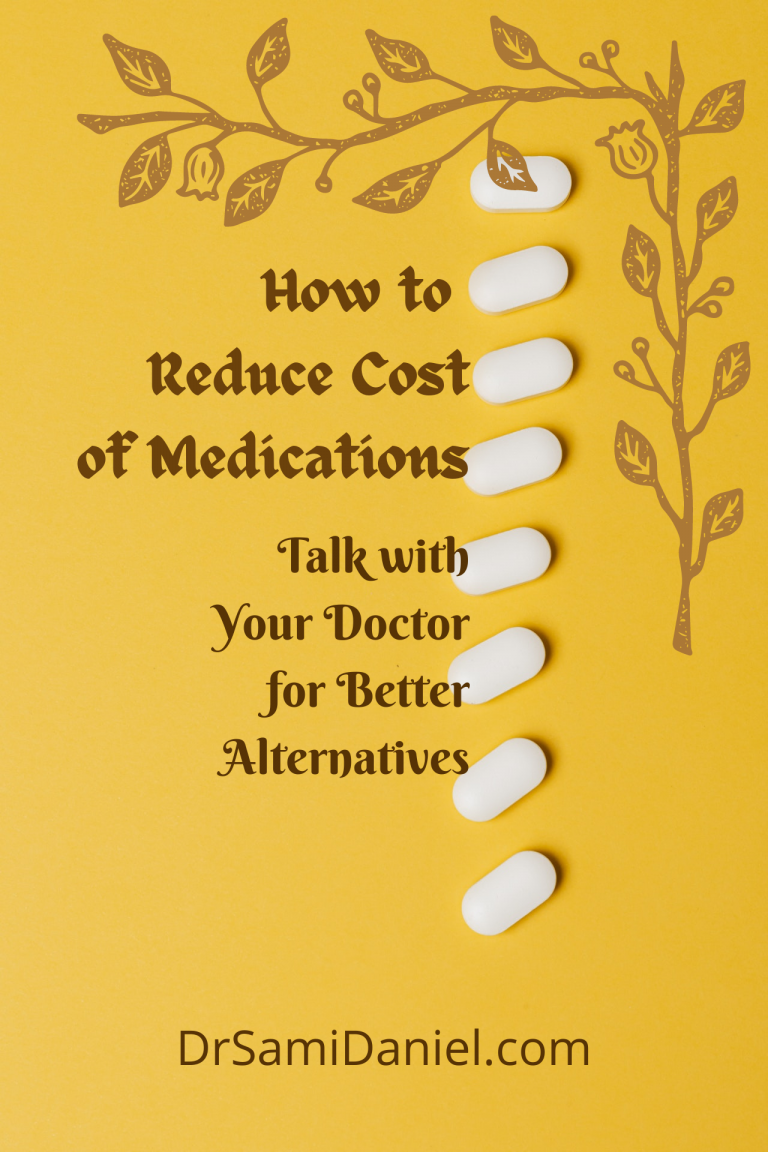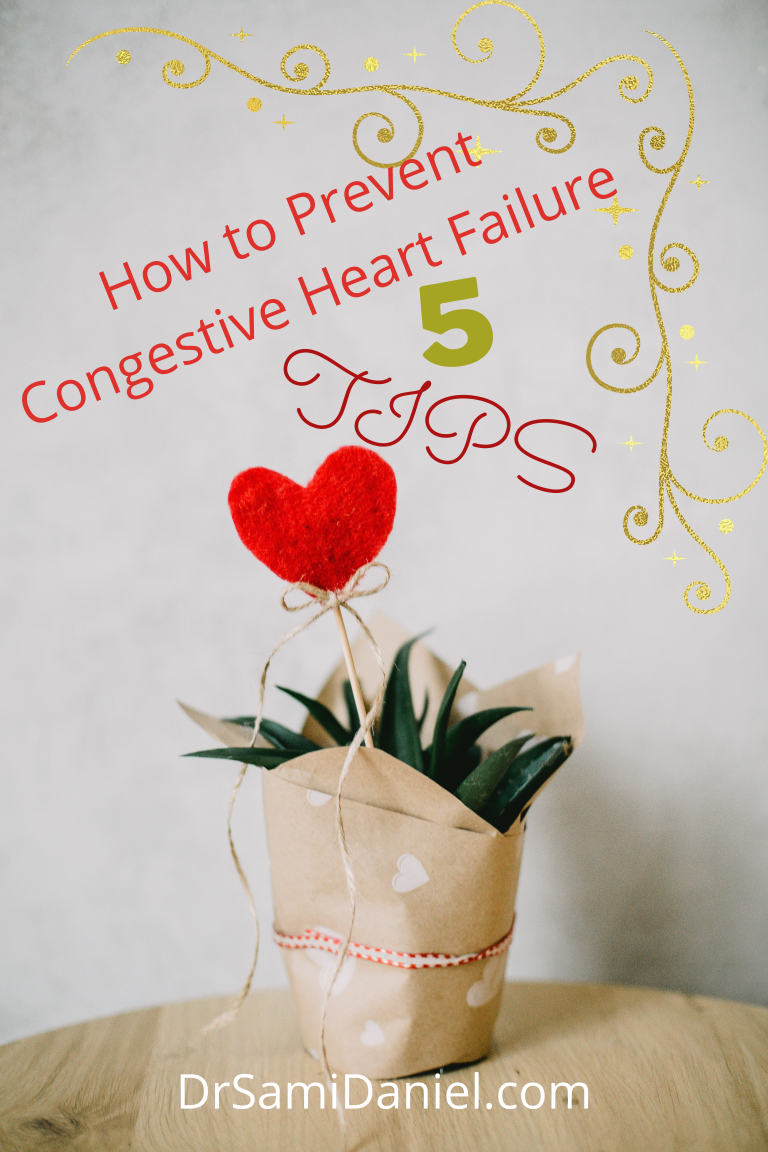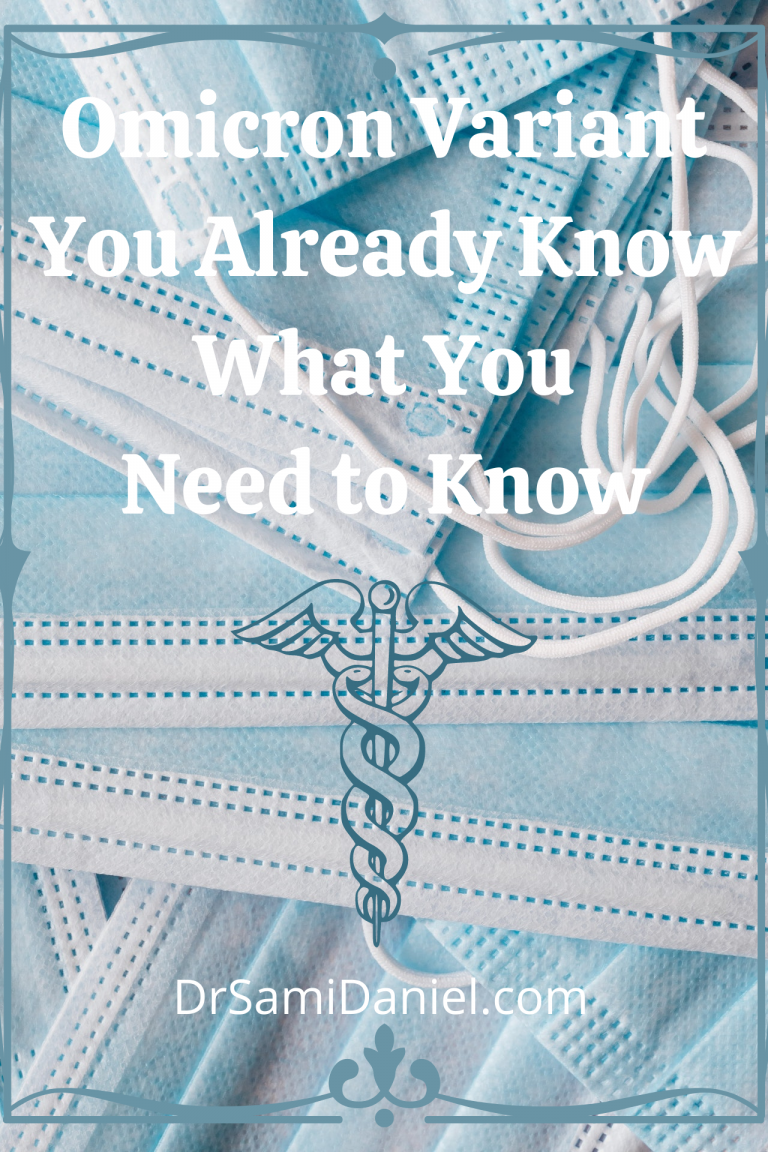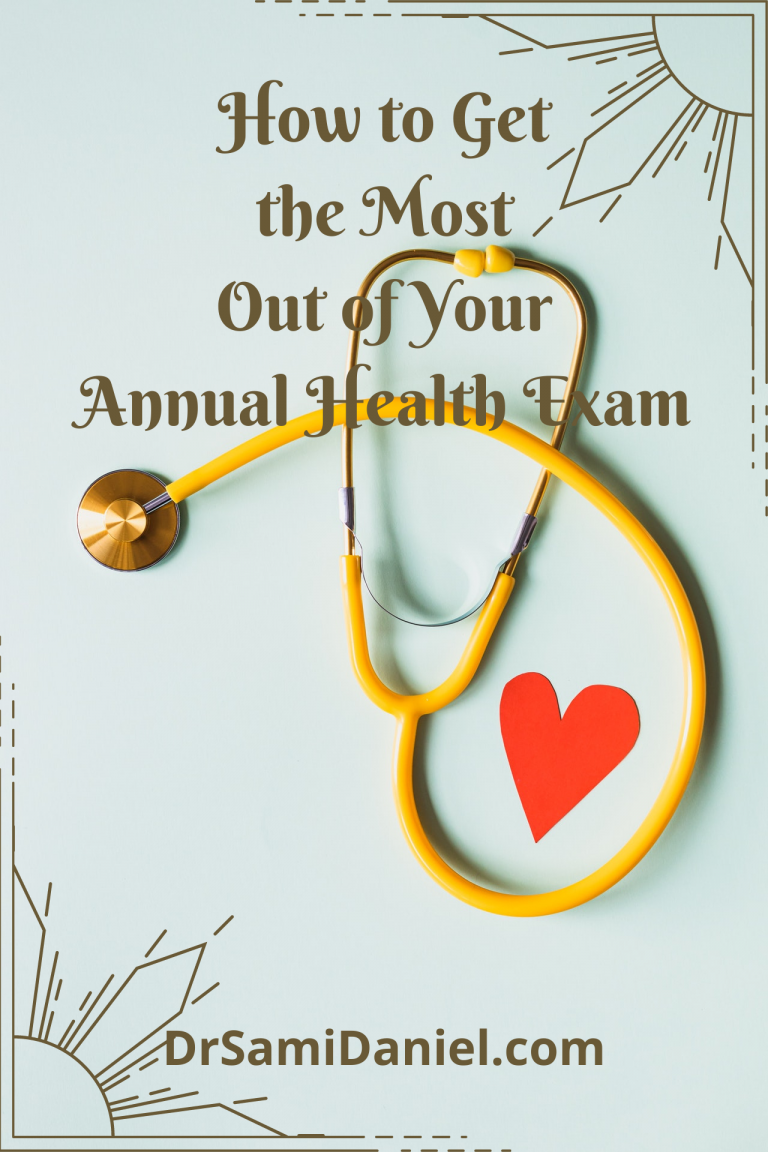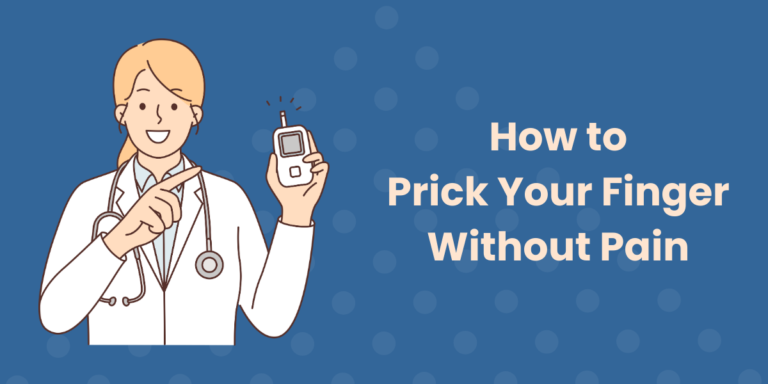Is Falling Asleep After Eating a Sign of Diabetes?
Is falling asleep after eating a sign of diabetes?
The short answer: Yes and no.
A mildly longer answer: Falling asleep after eating a meal is a common experience. So falling asleep after eating does not necessarily mean that you have diabetes.
I do fall asleep after eating, however I do not have diabetes.
Diabetes is a complicated disease. Fatigue is only one possible symptom.
Let’s break down what symptoms you should look for and when to see your doctor.
Key Takeaways
- There are many reasons people can fall asleep after eating.
- Falling asleep after eating does not define diabetes; but can be a piece of the diabetic puzzle.
- Be aware of the symptoms of diabetes.
- Speak with your doctor for a complete workup and to decide what is right for you.
What are the warning signs of undiagnosed diabetes?
Symptoms include but are not limited to:
- Feeling like you have to drink gallons of water because you’re so thirsty.
- Rushing to the bathroom every 5 minutes (frequent urination not necessarily because you just finished drinking all that water).
- Feeling famished despite having a meal not long ago.
- Unexplained weight loss or weight gain. This one can be tricky because people don’t usually question weight loss since they’re happy about it. But if you haven’t changed your diet or exercise regimen, weight loss or weight gain should raise a red flag.
- A normal cut takes forever to heal.
- Catching colds and getting sick more often than normal for you.
- Blurry vision that you can’t shake off.
- Feeling very tired like you haven’t had a good night’s sleep in days.
- Having terrible abdominal pain (An emergency situation. Get medical attention immediately)
- Having fruity-smelling breath (Another emergency situation. Get medical attention immediately)
People with diabetes don’t necessarily have all of these symptoms. They might just have one or two; or none at all! However if you suspect a problem, then speak with your doctor.
Doctors don’t worry about diabetes itself – They worry about preventing complications
Doctors would not care about high blood sugar levels if it did not cause problems. They know that chronically elevated blood sugar can lead to big complications.
Chronic conditions that build up to an emergency situation
- Compromised blood flow to the heart leading to a heart attack.
- Compromised blood flow to the brain leading to stroke.
Chronic conditions that build up over time
- Chronic kidney disease and kidney failure leading to dialysis.
- Retinopathy of the eyes leading to blindness.
- Erectile dysfunction (More apparent in men, but women also have compromised blood flow).
- Compromised immune system and reduced blood flow to the extremities. This can allow infections to gain a foothold and lead to dangerous sepsis; forcing doctors to pre-emptively amputate the limb if necessary.
Emergency situations from blood sugar levels itself
- High sugar levels lead to Hyperosmolar Hyperglycemic State (HHS) in people with Type 2 Diabetes or Diabetic Ketoacidosis (DKA) in people with Type 1 Diabetes.
- Low sugar levels lead to hypoglycemia. These people must bring the sugars back up rapidly.
These are just a few complications. So being mindful of all symptoms is life-saving knowledge. Speak with your doctor to learn more.
Falling Asleep After Eating
First of all, it’s ok to feel sleepy after eating. Your body is telling you something.
The question is: What is it trying to say?
It might be saying,
- “I have diabetes. Let’s go see a doctor and take care of this.” or it might be saying,
- “Life’s been tough. I just need some downtime.” or it might say,
- “Digesting this food is a real workout! Give me some time to power through this.” or it could say,
- “I don’t like this food. I’ll process it for now; but let’s not do this again.”
There are many things your body could be trying to tell you by tweaking your energy.
Energy levels go one of three ways: they go up, down, or stay the same.
Let’s see what’s normal and what’s not.
Normal reasons for feeling sleepy after a meal
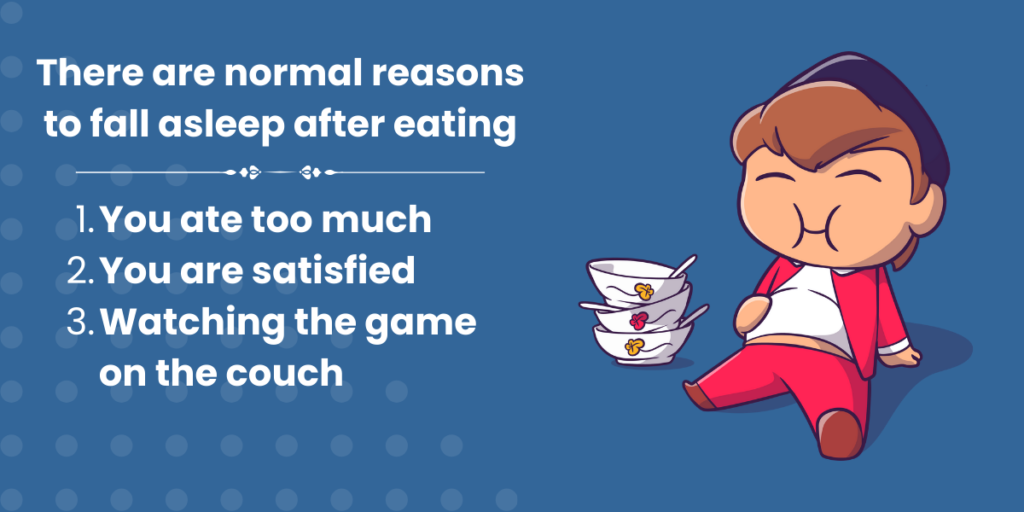
Postprandial Somnolence
There’s a fancy word out there called, “postprandial somnolence”.1 There are no scary health conditions here. It’s actually part of a healthy lifestyle.
Postprandial somnolence basically means: feeling sleepy after eating.
You may know a more common phrase, “rest and digest”.
When the body is in a restful state, it takes time to digest food well.
Sometimes, the body will divert more energy to digestion. Therefore you go to sleep while the body handles the serious business of digestion for nourishment.
Insulin Levels
Insulin levels are another key factor of sleeping or drowsiness after eating. When you eat, the body naturally releases insulin in anticipation of higher blood sugar levels.2
It’s like when you’re waiting at a stop light. Even though the light is still red, you might slowly begin to release the brake pedal to allow the car to inch forward in anticipation of the green light. Once the green light comes, your car has a little momentum to accelerate easier when you hit the gas.
Although I’ve seen people inch forward too much. They’re practically in the middle of the intersection even though the light is still red.
The same thing can happen with the body.
If too much insulin is released, then blood sugar levels go down too far. This is known as Postprandial Reactive Hypoglycemia (low blood sugar after eating).3
This can be very dangerous and needs discussion with your doctor as soon as possible.
Possible link between post-meal drowsiness and diabetes
Imagine being on a road trip.
The radio is on with music washing over you in the background. Suddenly your FAVORITE song comes on.
What do you do? TURN IT UP!
The same thing happens in the body. There is a low level of insulin to accompany the blood sugar all the time. That way the cells of your body can access the sugar freely.
When you eat food, the body’s favorite song comes on! More blood sugar means more insulin.
You perk up and feel great!
But what happens if your radio can only play your favorite song on max volume ALL THE TIME.
At first, you can tolerate it. However after a few cycles, you can’t stand the song anymore!
You begin to resist by covering your ears or even pull over to get out of the car and to see what’s wrong. But you can’t turn it off, and you can’t turn down the volume. You can only turn it up until the speakers burn out.
In the body, this is called insulin resistance. The cells can’t stand the loud music on repeat, so they begin to resist. But they still need the sugar to survive, so the volume goes up with more insulin to force the cells to take up sugar from the blood.
In the meantime, you might feel drowsy and fall asleep. Why?
- Your cells are not easily getting the energy they need.
- A lot more energy is being used to supply sugars to cells.
Again, the process of feeling sleepy is more complicated; but it’s a matter of energy allocation.
Other factors contributing to post meal fatigue
There are other reasons that lead to fatigue after a meal. These include but are not limited to:
1. Macronutrients
- High sugar and high fat content taste delicious and improves your mood in the moment, but will negatively impact your mood and energy levels overall.4
- High protein content might keep you full longer. However protein is the most difficult macronutrient to digest. Therefore digesting protein takes a lot of energy.5
2. Hypothyroidism
Your thyroid gland produces thyroid hormone. This hormone regulates the metabolism of your body.
- Too much thyroid hormone leads the hyperactivity (like you had too much coffee).
- Too little thyroid hormone leads to fatigue and feeling sluggish (like a sloth).
3. Anemia
- Iron deficiency anemia – When iron is low, your red blood cells do not have the raw materials to help them carry oxygen throughout your body. Low oxygen levels leads to low energy.
- Vitamin B12 deficiency – Your red blood cells need to form properly. Vitamin B12 helps with their development.
4. Sleep Apnea
- Poor sleep quality robs you of energy.
- Low oxygen levels in sleep reduces the quality of sleep; and your energy levels throughout the day.
5. Cancer
- Cancer is highly metabolic. It will use up the body’s resources, leaving you fatigued.
- Just because you might feel tired after a meal, does not mean you have cancer.
- Fatigue is a symptom that can present itself in many problems. So speak with your doctor.
6. Medication Side Effects
- Many medications can alter electrolyte balance, hormone levels, and even nutrient absorption.
- Some medications are designed to impact the central nervous system directly.
- Be sure to clarify side effects with your doctor and pharmacist.
7. Food sensitivities and/or allergies
- Food sensitivities are a step down from a food allergy. Your immune system reacts, so your energy levels dip.
- Food allergies are the classic wheel and hives rash, difficulty breathing, and the reason why people carry epi pens for emergency situations. If you experience an allergic reaction, you must go to the emergency room even if you take appropriate countermeasures.
This is not an all-inclusive list. The main idea is that falling asleep after eating can be a sign of many different things.
You can take control of your health by expressing your concerns to your doctor and working through the problem together.
When to worry – How to recognize patterns and assess risk
If you ever have a concern or doubt, the best thing to do is to talk to your doctor.
Your doctor can talk to you about the symptoms you’re experiencing, run a few blood tests, and determine the best course of action for you.
With that said, there are a few things you can do to take control of your health and work with your doctor.
- Monitor and record consistent post meal fatigue (Occasional drowsiness is normal. Persistent fatigue might indicate a problem).
- Keep a food journal detailing the foods you ate and how you felt afterwards (Did your energy go up, down, or stay the same).
- Monitor and record other symptoms in the diabetic constellation.
- Keep a log of your blood glucose levels before and after meals.
- Consider lifestyle factors such as your diet and exercise level which can influence your sleepiness after a meal.
Following these tips can help you take control of your health and give your doctor valuable insight to offer the best solutions tailored to your individual needs.
Conclusion
Falling asleep after eating can be a normal process or a harbinger of danger.
You can do the smart thing by teaming up with your doctor and following the tips to recognize patterns and assess risk.
You would also be wise to protect yourself with knowledge. Know the symptoms of undiagnosed diabetes and how to recognize them.
These components help build a rock-solid foundation for your health.
Frequently Asked Questions
Still have a few questions? Let’s walk through them.
References
Find the references used in composing this article.

About the Author
Sami studied medicine with the fundamental belief that everyone is capable of making informed healthcare decisions.
He developed a desire to make medical information easier to understand so the patient can decide what is right for them.

